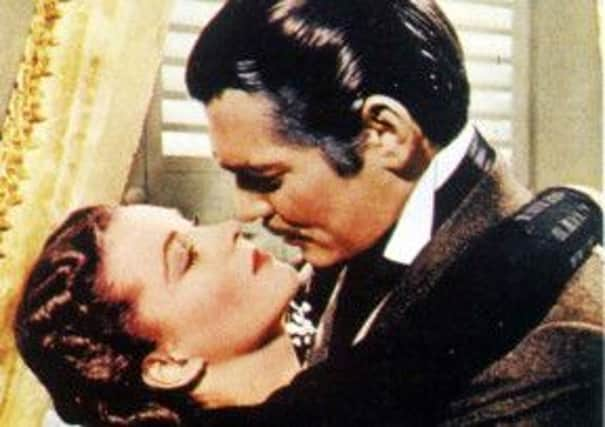Far more to Vivien Leigh than Gone With The Wind


The current BFI Southbank retrospective – 100 years after her birth – shows us an actress who was not only extraordinarily beautiful but more than capable of holding her own with most other female movie icons of her day.
Julien Duvivier’s 1948 version of Tolstoy’s Anna Karenina shows how she could dominate a film in which her two leading men, Ralph Richardson as her stuffy husband and Kieron Moore as her younger lover, were hardly at their most convincing. Gabriel Pascal’s version of George Bernard Shaw’s Caesar and Cleopatra confirmed her versatility, even playing against as good and experienced an actor as Claude Rains. And Elia Kazan’s film of A Streetcar Named Desire shows she was a pretty good foil for Marlon Brando as Blanche DuBois.
Advertisement
Hide AdThere were occasions when her talent seemed too delicate for the parts she played; just as in the theatre, which she preferred, her voice was considered too thin to reach the back of the stalls. But none of this was true of Gone With the Wind. Her petulant, snooty Scarlett was one very good reason for the film’s huge and enduring success. Nobody quite knows who did most of the direction of Margaret Mitchell’s novel, but whoever did clearly knew that if he could make the film look good, the chemistry between Leigh and Gable would do the rest.
Leigh, however, was not someone to whom either stardom or marriage came easily. She had manic depressive episodes and was clearly what is now termed bipolar – one day the life and soul of the parties she delighted in and another enfeebled not just by depression but also by medical treatment that today would be considered crude and even actively harmful.
The cooling of her romance and eventual separation from Olivier also contributed to her unhappiness and, though tuberculosis caused her early death, it was surely only one factor. Without question we lost her far too soon, and might not have lost her at all had she had the benefit of the kind of treatment available today.
• The British Film Institute Southbank’s Vivien Leigh retrospective runs until 29 December. Gone With The Wind screens at Cineworld Falkirk, Glasgow, and Edinburgh Fountainpark, 1 December; Cineworld Dundee, 3 December; and Cameo, Edinburgh, 9 December.